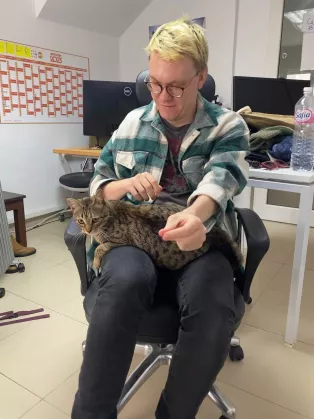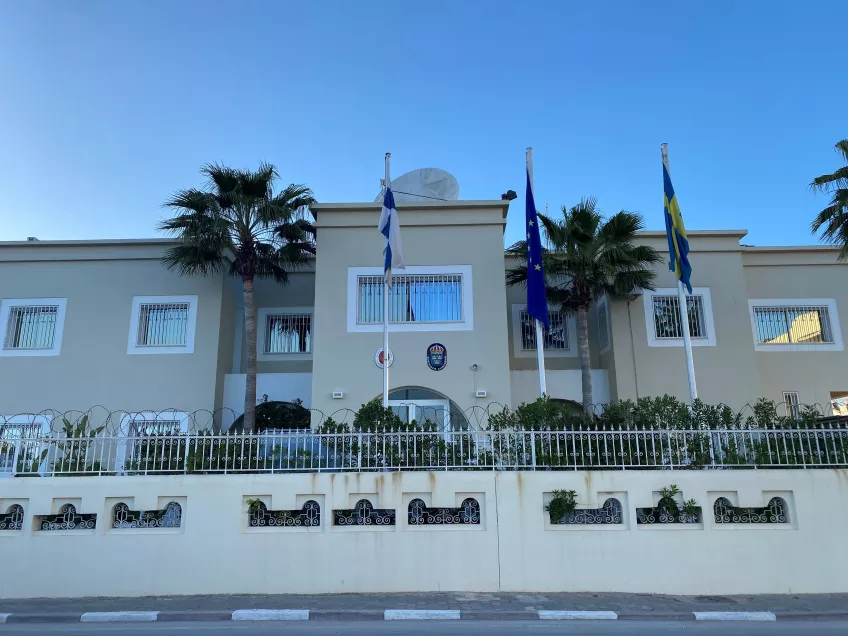Tell us, why Tunisia?
As a PhD student in political science with a focus on comparative politics in the Middle East, I investigate feminist activism and gender politics in the Middle East and North Africa, with a particular focus on Tunisia, Egypt and Saudi Arabia.
What interests me is largely that feminism is usually seen as a European or Western "product" that is exported to the rest of the world, but this picture does not correspond with my experiences from the region, where feminist activists actively participate in the production of feminist knowledge and thought.
Both Tunisia and Egypt have a long history of women's rights activism and feminist organizations have existed since colonial times. However, this history disappears when too much focus is placed on European feminist history.
Why is the topic you have chosen to write about important?
Despite a long history of feminist activism in North Africa, there are of course still problems, and feminism is not without controversy. Since the revolution in 2011, Tunisia has undergone major changes, not least regarding women's rights and gender equality.
Previously seen as a positive example of democratization, the country has now reversed direction and, unfortunately, things are moving in the wrong direction. It has also affected feminist organizations, and the work to improve women's lives and rights has been made more difficult. My studies partly aim to investigate the circumstances when feminist activism is most effective, and how individuals and organizations can contribute to a positive development.
What has made the biggest impression on you during the visit/field trip?
Although I have previously visited Tunisia and read a lot about feminist history and activism in the country, I was surprised by the great diversity of perspectives and organizations there are. Everything from queer feminists with a focus on LGBTQ rights, Marxist feminists with a focus on working women's rights, and Muslim feminists with a focus on religious harmony with feminist politics, just to name a few variants of feminism that are contained in Tunisian society.
There is, of course, some friction between different organizations and different activists, but still a general consensus on a common struggle. Despite the deteriorating situation on a national political level, I found this consensus very encouraging, and I perceived something of a determination about the importance of continuing to work for a better society despite the circumstances.
What lessons do you take back, that can benefit you in working life?
I believe that feminists in Sweden can learn a lot from the activities and history of feminists in Tunisia and the rest of North Africa and the Middle East. A central part is precisely the diversity that exists, and how organizations with different priorities and different views on what is included in their feminism still work together for common goals.
There is strength in broad movements, but it does not have to come at the expense of our diversity of opinions, experiences, and perspectives.
Read more about Joel Abdelmoez on his personal page
Read more about UNFPA on their website
The field studies were partly funded by the union ST's international scholarship.



